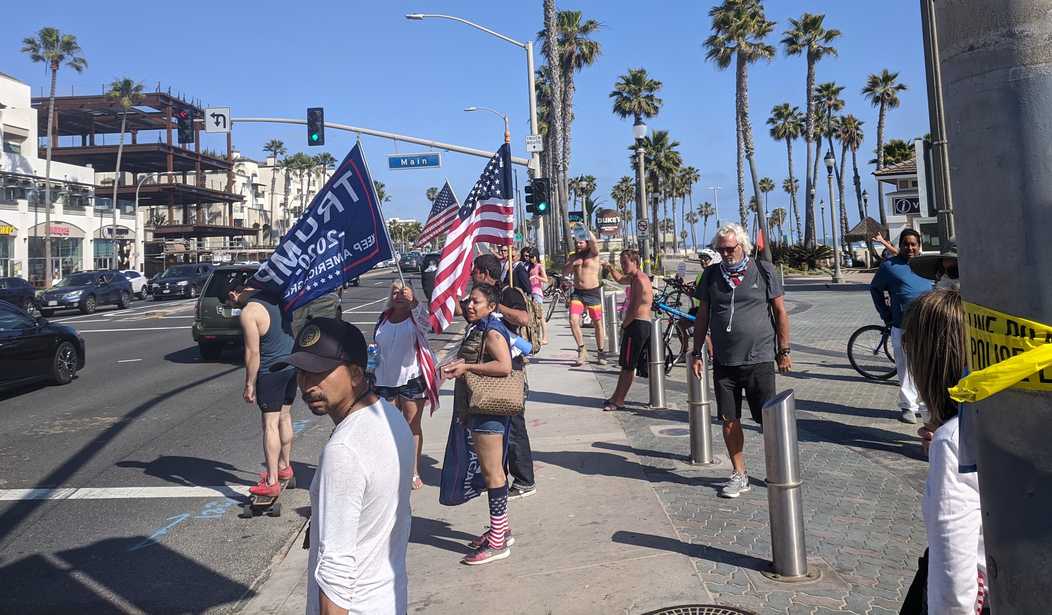From China to Europe, local and regional outbreaks of the coronavirus are leading to partial or full lockdowns with business closures, mask mandates, and hand wringing by politicians and public health officials.
It doesn’t appear the nations have learned anything in the six months since the pandemic hit Europe. China is the only country that appears to have the right approach.
A small outbreak of the coronavirus in the city Qingdao has resulted in the Communist Chinese government testing all nine million residents. This way, they hope to isolate the problem in as small an area as possible, which would mean the overwhelming majority of residents and businesses can resume normal activities.
Test, test, test…and pin down who else might have been infected with contact tracing. It takes organization — and probably an authoritarian society — to make it work. China’s initial lockdown after the coronavirus was introduced into the population was a “lockdown” in the truest sense of the word. People who got sick were locked up, along with their families and anyone else who might have been exposed. They were guarded 24 hours a day.
It still took a couple of months to bring the infection under control and another couple of months of limited lockdowns and social distancing restrictions to virtually eliminate the threat.
And when a small breakout happens, as it did in Qingdao with 20 new cases, the government shifts into overdrive to test everyone.
It could never be done here, but there’s no denying it worked. Other nations like New Zealand and Vietnam had crash lockdowns for about five weeks, which limited damage to the economy, and then strictly enforced mask mandates and social distancing. They too are now getting back to normal.
So why can’t the U.S. and other Western European countries shake this bug?
In Europe, the Netherlands imposed a “partial lockdown” to curb one of the region’s worst coronavirus surges, with all bars, cafes and restaurants to close, and non-medical face coverings mandatory in all indoor spaces for people aged over 13.
In Britain, Labour opposition leader Keir Starmer called for a 2-3 week “circuit break” lockdown to slow the rates, saying the government had “lost control” of the outbreak having ignored stringent measures suggested by scientific experts on September 21.
French President Emmanuel Macron is expected to announce tighter restrictions and faster testing in a prime-time TV interview late Wednesday, with some media speculating Paris and other cities could face evening curfews.
Yesterday, Eli Lilly joined Johnson and Johnson in delaying their vaccine trials after an unexplained illness. It should be pointed out that this is not unusual, that delaying final-stage trials is a routine matter. It’s one of the reasons that vaccines normally take three years from development to arriving in the marketplace.
Here we are six months into the pandemic and we already have seven candidate vaccines in the final stages of testing or about to enter the final stage. Still, it’s disappointing that the delays are occurring so close to the end when thousands of lives could be saved with an effective vaccine.
One thing is certain — lockdowns are ineffective. So-called “herd immunity” isn’t much better. A combination of freedom of choice and a massive testing regime would be just as effective and not destroy the economy.
The Chinese are proving you don’t have to lock down an entire city to deal with a local outbreak. Europe and the U.S. should take those lessons to heart.










Join the conversation as a VIP Member